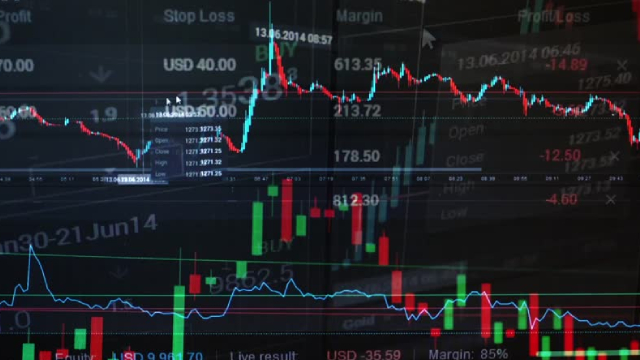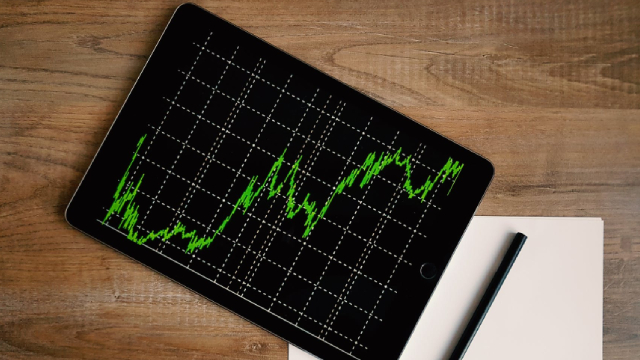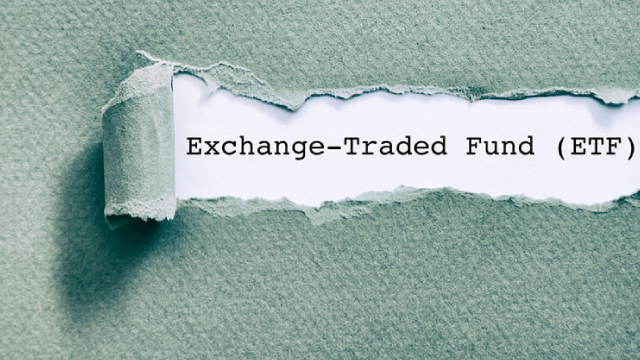EWJ Stock Recent News
EWJ LATEST HEADLINES
The new U.S.-Japan trade deal reduces tariffs on Japanese autos, benefiting Toyota Motor Corporation's high-margin imports and removing a key overhang for the stock. Toyota remains fundamentally strong, leading the industry in gross and net margins, electrified vehicle sales growth, and U.S.-based manufacturing resilience. TM stock is undervalued based on the Graham Number, with a fair value estimate of $251.90, well above current levels, offering a margin of safety.
Opening Bid anchor Brian Sozzi breaks down the latest market news for July 23, 2025. President Trump has announced a trade deal with Japan where imports to the US will get stamped with a 15% tariff.
Profit-taking hits gold after rejection at $3439.04, just below $3451.53. Trade news, Fed pressure, and inflation guide the gold price forecast.
President Donald Trump on Tuesday announced a “massive” deal with Japan that includes “reciprocal” tariffs of 15% on the country's exports to the U.S., with auto duties reportedly being lowered to that level as well. In a post on Truth Social, Trump called the agreement “perhaps the largest Deal ever made,” while adding that Japan would invest $550 billion in the United States and the U.S. would “receive 90% of the Profits.
President Donald Trump announced a trade deal with Japan, which he said includes a 15% tariff rate and $550 billion of Japanese investments in the U.S. A card with details of the deal shows discrepancies and last-minute edits, according to photo posted by Dan Scavino, the White House deputy chief of staff,
U.S. President Donald Trump and Japanese Prime Minister Shigeru Ishiba on Wednesday said they had struck a trade deal that will include a 15% tariff on imports from Japan. Here's what we know so far.
President Donald Trump on Tuesday said the U.S. and Japan had struck a trade deal that includes a 15% tariff that will be levied on U.S. imports from the country.
Japan's political turmoil leaves it vulnerable in trade negotiations with the U.S., Quantum Strategy said. Oxford Economics said that the U.S.
Tim Seymour, Seymour Asset Management CIO, joins 'Power Lunch' to discuss the world's equity performance, if it's a one-year phenomenon and much more.
Japanese stocks have outperformed global and US markets year-to-date, sparking interest as a potential alternative to US equities. Despite recent gains, Japan's 5-year performance lags behind the US, with a significant breakout only occurring in late April 2024. This breakout could signal the end of a year-long consolidation, presenting a potential profit opportunity for investors.









